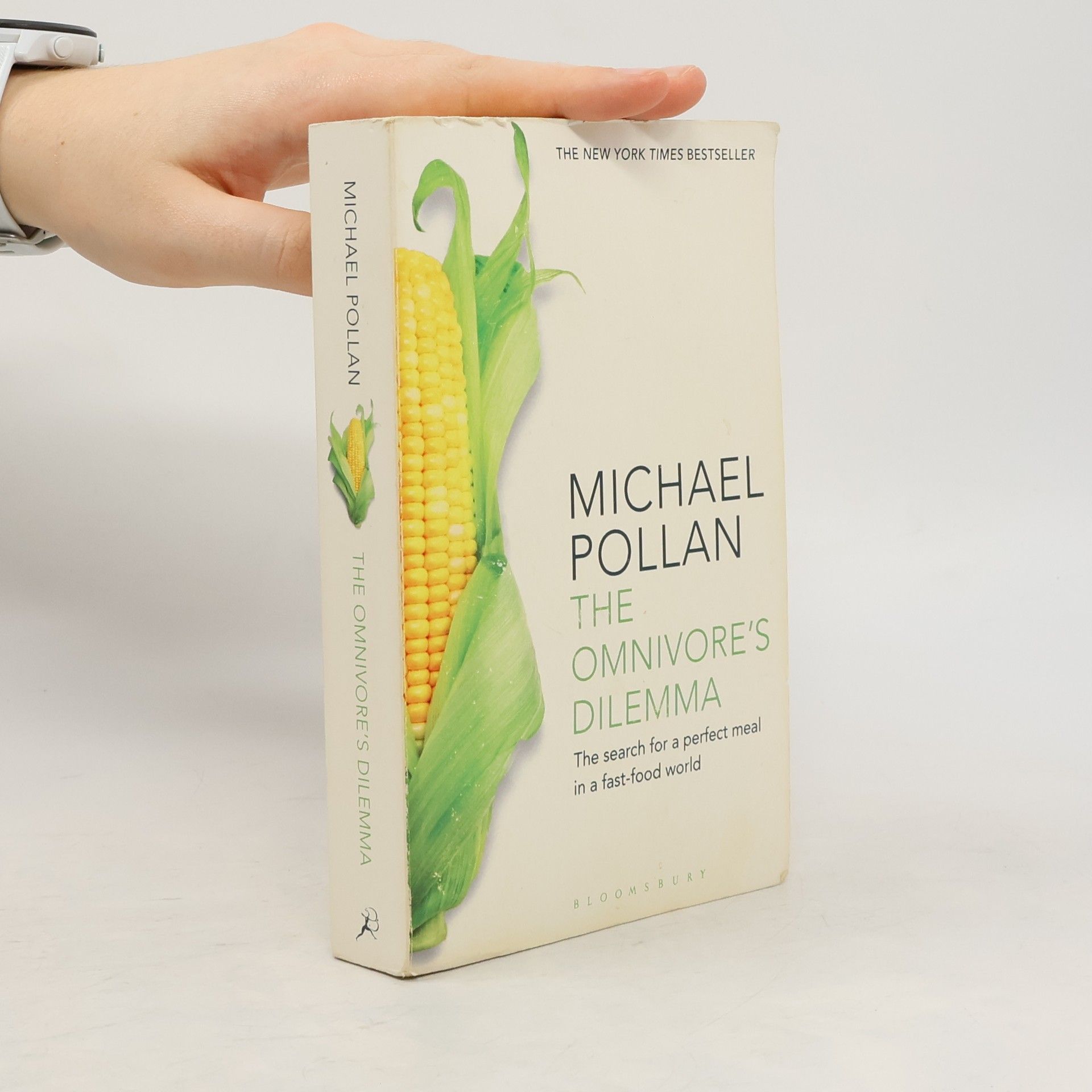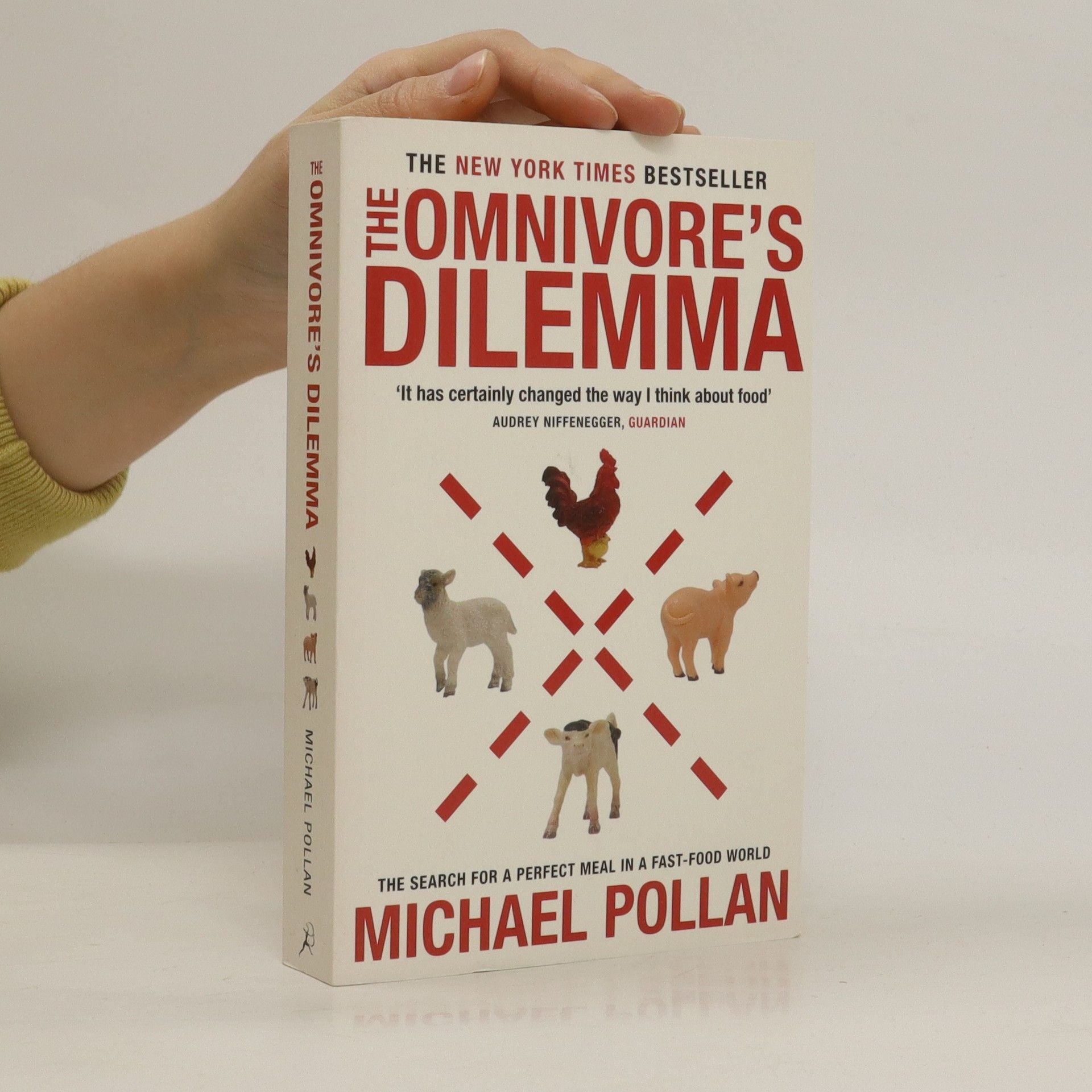Lorsque Michael Pollan a entrepris des recherches sur l'utilisation du LSD et de la psilocybine pour soulager les personnes souffrant de maladies délicates à traiter comme la dépression, la dépendance et l'anxiété, il n’avait pas alors pour objectif d’écrire ce qui est sans doute à ce jour son livre le plus personnel. Mais en découvrant comment ces substances améliorent la vie non seulement des malades mentaux, mais aussi des personnes en bonne santé confrontées aux défis de la vie quotidienne, il a décidé d'explorer les méandres de l'esprit à la première et à la troisième personne. C’est ainsi qu’a débuté une aventure singulière dans divers états de conscience altérés, ainsi qu'une plongée dans les dernières recherches en lien avec le cerveau. Un mélange unique et élégant de science, de témoignages personnels, de voyages, d'histoire et de médecine, « En état de conscience modifié » est un best-seller mondial depuis sa parution. Le véritable sujet du « carnet de voyage mental » de Pollan n'est pas seulement les substances psychédéliques, mais également le puzzle infini de notre conscience.
Michael Pollan Livres
Michael Pollan est un auteur et journaliste américain qui explore principalement la relation complexe entre les humains et les plantes. Son travail se penche sur les impacts culturels, éthiques et environnementaux de la manière dont nous cultivons et consommons notre nourriture. Le style d'écriture de Pollan est perspicace et accessible, guidant les lecteurs à travers des sujets complexes avec clarté. Ses livres influents ont suscité des conversations mondiales sur l'agriculture durable et notre connexion avec le monde naturel.


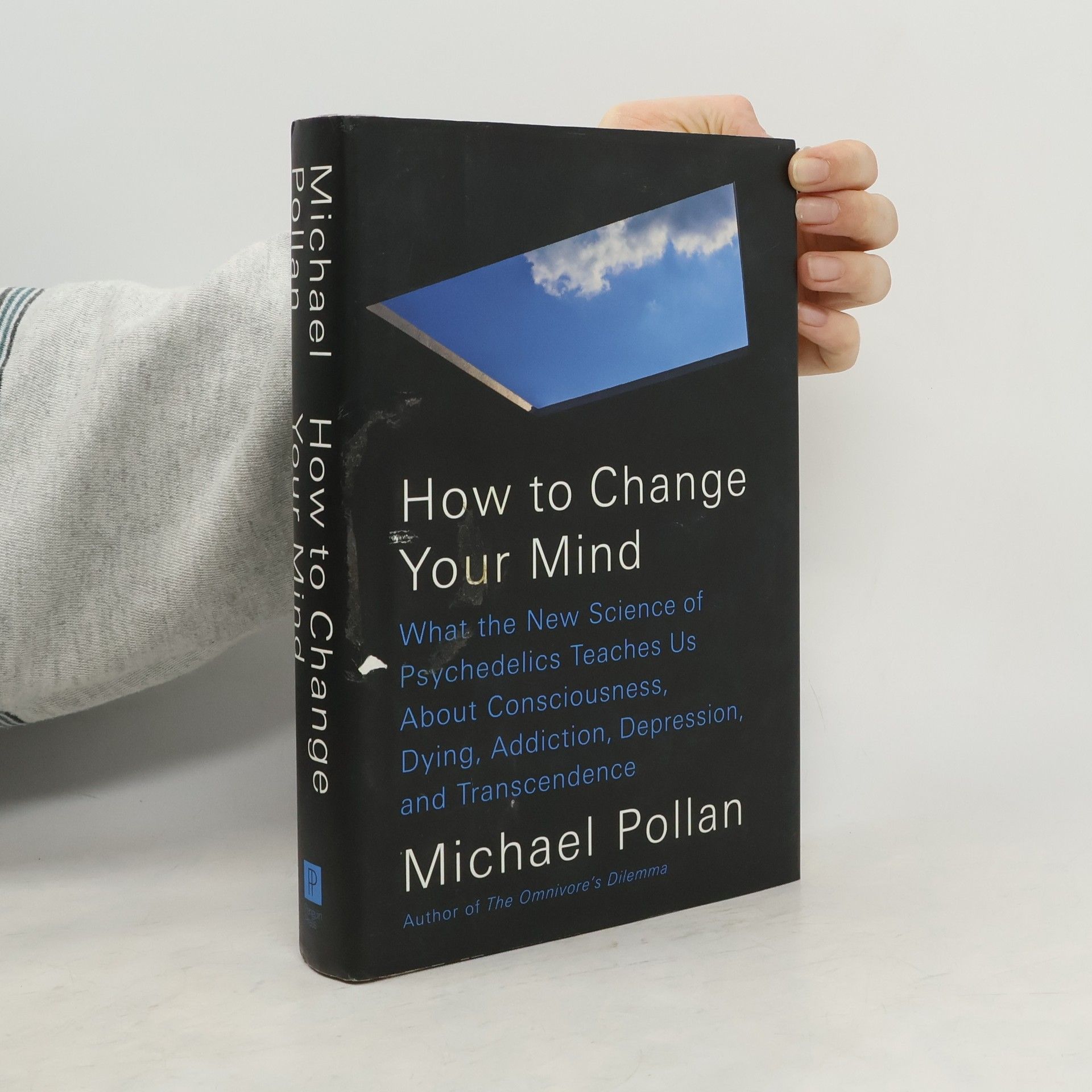
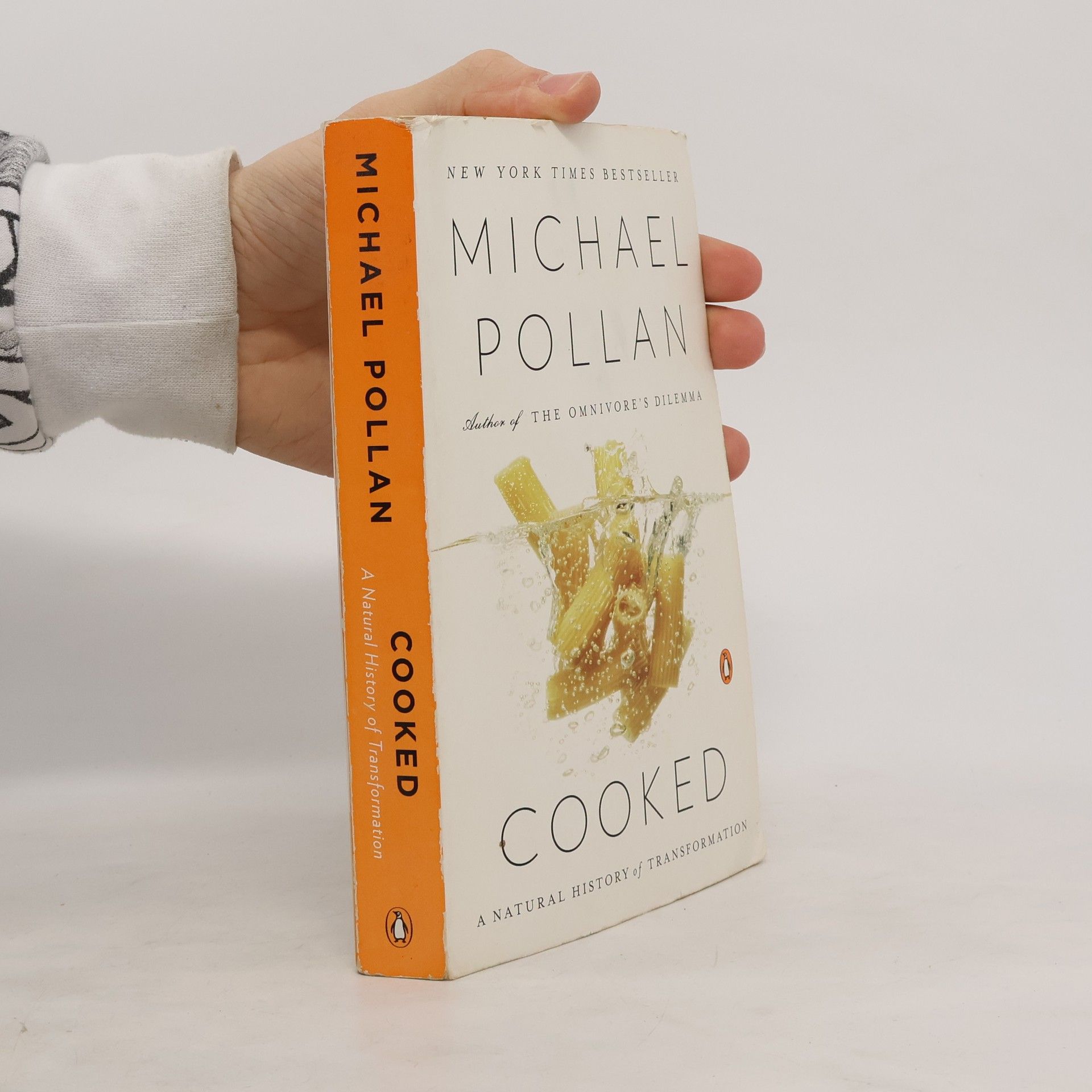
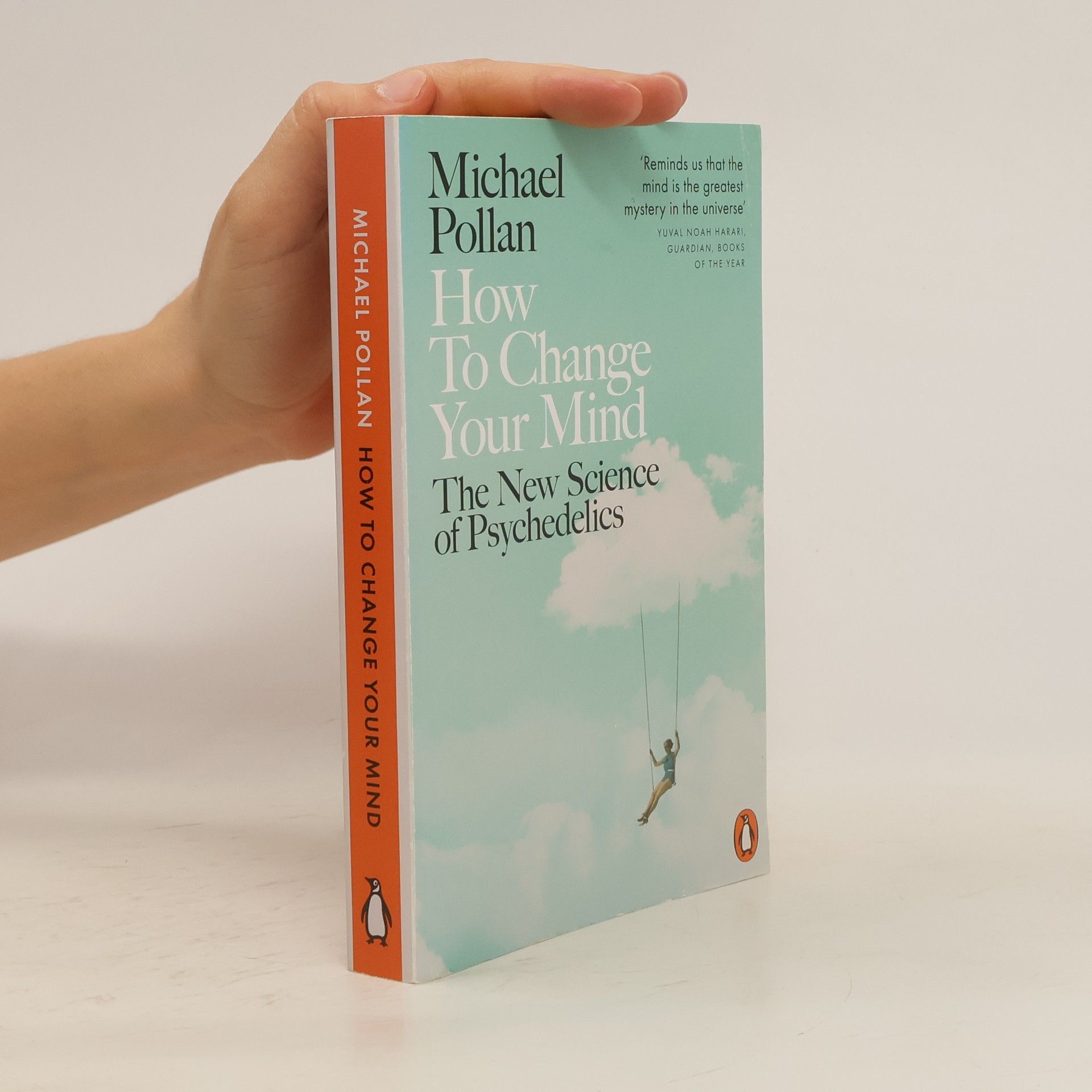


When Michael Pollan set out to research how LSD and psilocybin (the active ingredient in magic mushrooms) are being used to provide relief to people suffering from difficult-to-treat conditions such as depression, addiction and anxiety, he did not intend to write what is undoubtedly his most personal book. But upon discovering how these remarkable substances are improving the lives not only of the mentally ill but also of healthy people coming to grips with the challenges of everyday life, he decided to explore the landscape of the mind in the first person as well as the third. Thus began a singular adventure into various altered states of consciousness, along with a dive deep into both the latest brain science and the thriving underground community of psychedelic therapists. Pollan sifts the historical record to separate the truth about these mysterious drugs from the myths that have surrounded them since the 1960s, when a handful of psychedelic evangelists inadvertently catalyzed a powerful backlash against what was then a promising field of research.
How To Change Your Mind. The New Science of Psychedelics.
- 480pages
- 17 heures de lecture
When LSD was first discovered in the 1940s, it seemed to researchers, scientists and doctors as if the world might be on the cusp of psychological revolution. It promised to shed light on the deep mysteries of consciousness, as well as offer relief to addicts and the mentally ill. But in the 1960s, with the vicious backlash against the counter-culture, all further research was banned. In recent years, however, work has quietly begun again on the amazing potential of LSD, psilocybin and DMT. Could these drugs in fact improve the lives of many people? Diving deep into this extraordinary world and putting himself forward as a guinea-pig, Michael Pollan has written a remarkable history of psychedelics and a compelling portrait of the new generation of scientists fascinated by the implications of these drugs. How to Change Your Mind is a report from what could very well be the future of human consciousness.
Cooked. Kochen, englische Ausgabe
- 480pages
- 17 heures de lecture
Recounts the story of the author's culinary education and the roles of the four classical elements of fire, water, air, and earth in transforming natural ingredients into delicious meals and drinks
How to Change Your Mind
What the New Science of Psychedelics Teaches Us About Consciousness, Dying, Addiction, Depression, and Transcendence
- 464pages
- 17 heures de lecture
The author captivates readers with a clear and confident narrative style that maintains engagement throughout the book. Through insightful observations and a well-structured approach, the writing encourages reflection and provokes thought, making it a compelling read that resonates with audiences.
Saveur: The New Classics
- 624pages
- 22 heures de lecture
The omnivore's dilemma: the search for a perfect meal in a fast-food world
- 464pages
- 17 heures de lecture
What shall we have for dinner? Such a simple question has grown to have a very complicated answer. We can eat almost anything nature has to offer, but deciding what we should eat stirs anxiety. Should we choose the organic apple or the conventional? If organic, local or imported? Wild fish or farmed? Low-carb or low-cal? As the American culture of fast food and unlimited choice invades the world, Pollan follows his next meal from land to table, tracing the origin of everything consumed and the implications for ourselves and our planet. His astonishing findings will shock all who care about what they put on their plate.
The Omnivore's Dilemma
- 450pages
- 16 heures de lecture
We are indeed what we eat - and what we eat remakes the world. But we are only just beginning to recognise the profound consequences of the simplest everyday food choices, both for ourselves and for the natural world. The Omnivore's Dilemma is bestselling author Michael Pollan's eye-opening exploration of the American food industry. His astonishing findings will resonate enormously for people everywhere who care about what they put on their plate. The Omnivore's Dilemma brings a fresh perspective to the simple yet momentous question 'What shall we have for dinner?', which is overwhelming for any creature faced with a wide choice of things to eat. Anthropologists call it the 'omnivore's dilemma'. Today, as America confronts what can only be described as a national eating disorder, the omnivore's dilemma has returned with an atavistic vengeance. Dealing with each of the food chains that sustain us (industrialised food, alternative or 'organic' food and food people obtain by dint of their own hunting, gathering or gardening) Pollan follows each food chain through from the ground to sitting down to a meal, tracing the provenance of everything consumed. The Omnivore's Dilemma is an uncompromisingly realised, eloquent, philosophical and absorbing book for anyone who thinks about where their food comes from.
The first book to reveal the undiscovered jewels of Southeast Asian cuisine.
In Defense of Food. An Eater's Manifesto
- 330pages
- 12 heures de lecture
A #1 New York Times Bestseller -- "Eat food. Not too much. Mostly plants." These simple words go to the heart of Michael Pollan's In Defense of Food, the well-considered answers he provides to the questions posed in the bestselling The Omnivore's Dilemma.Writing In Defense of Food, and affirming the joy of eating, Pollan suggests that if we pay more for better, well-grown food, but buy less of it, we'll benefit ourselves, our communities, and the environment at large. Taking a clear-eyed look at what science does and does not know about the links between diet and health, he proposes a new way to think about the question of what to eat that is informed by ecology and tradition rather than by the prevailing nutrient-by-nutrient approach.
